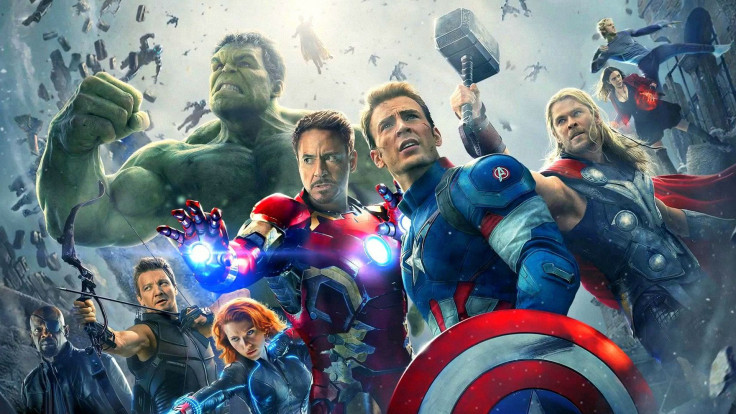Recently, head of Marvel Studios Kevin Feige sat down with Uproxx to defend the purported lack of narrative diversity in the Marvel Cinematic Universe. Although the most staunch detractor would have to acknowledge the consistent universal critical acclaim garnered by each of the 14 films that make up the franchise, even the most avid fan would have to concede that they all adhere to a similar tone and rhythm. Ever since Iron Man set the stage back in 2008, the movies haven’t really veered too far from the trodden path since, not that they should. The MCU has achieved a ubiquitous appeal (against the odds, mind you) by developing an algorithm and enlisting inspired, talented filmmakers to refine it.
Sure, there are indisputable retreaded narrative beats—the defiance of tension with irreverent humor; the villain being an ostracized ally-turned bigger scarier version of the hero (The Hulk Vs. Abomination, Iron Man Vs. Obadiah, Ant-Man V.s Yellow Jacket, Black Panther Vs. Erik Killmonger, etc.); pop music bed over action sequence; lasers in the sky and I could go on.
But that’s more an indictment of the industry than the MCU itself. I think those that criticize Marvel for being too formulaic are mistaking cohesion for laziness. I’ve grown a little weary of the Marvel hit machine, but these movies are supposed to feel the same in some senses. It’s not in and of itself unimaginative to hone an identity. Moreover, the filmmakers behind the movies make a concerted effort to push the boundaries within their conventions.
The price of consistency is the forfeit of risks. Batman V. Superman aimed higher than most of the MCU movies ever have. It was by no means a success, but the themes and narrative choices were certainly bold. The MCU may not reinvent the wheel every time, but when you sit down to watch one of their pictures, there’s this sense that you're in good hands. You’re probably not going to leave the theatre astonished or even particularly impressed, but you’ll have a good time.
In Feige’s own words:
“I think it’s just the way we make the movies. I think all the movies are relatively different. I think there’s a narrative that people like to write about because they’re all produced by the same team and they all inhabit the same fictional cinematic universe. That we look for common similarities,” Feige clarified. “And I’m not saying there aren’t common similarities throughout it, but I think Thor: Ragnarok and Spider-Man: Homecoming are two totally different types of movies. They’re both fun. People both enjoy them. Is that a similarity? If so, I’ll take it. If that’s a criticism, I’ll take that, too. But really, yeah, Homecoming, Ragnarok, [Black] Panther, into [Avengers:] Infinity War, Ant-Man and the Wasp after that. And a 90s-set Captain Marvel after that; these are six very different movies. If what they have in common is they’re all really enjoyable and fun to watch, then I’ll take it.”

















